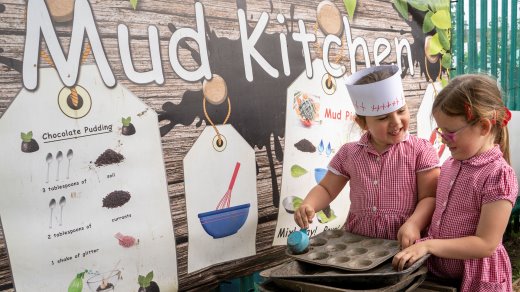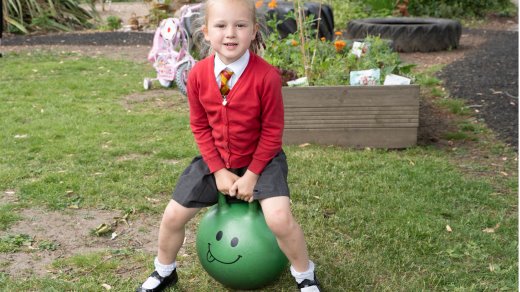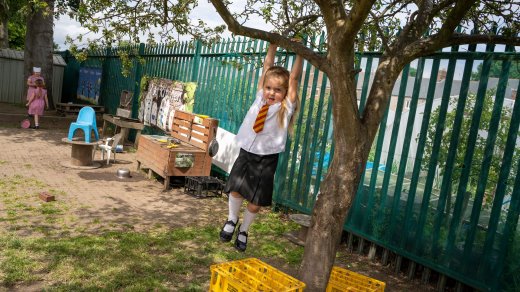00 - 01
Reading and Phonics
Reading and Phonics
Early Reading
At St Bede’s the teaching of phonics and early reading is of the highest priority. We are committed to ensuring that every child will learn to read, regardless of ability, need or background. Giving pupils the key skills that provides a foundation for their learning throughout their school career and beyond. In addition to teaching children the skills to become independent and fluent readers, we aim to develop a true love of reading in children.
We ensure:
- every child will be a reader.
- early readers have the skills to decode words, so they can read fluently as quickly as possible.
- children understand what they have read.
- children respond with curiosity about what they and others have read.
- children become enthusiastic and motivated to read for pleasure.
- children’s will develop confidence in reading a wide variety of genres and text types.
- children develop a knowledge of a wide range of authors and illustrators.
At St Bede’s we use a strong, consistent approach to teaching phonics. We follow the DFE’s approved scheme: Essential Letters and Sounds. (ELS) The aim of ELS is ‘Getting all children to read well, quickly’.
Children begin learning Phonics at the very beginning of Reception and it is explicitly taught every day during a dedicated morning slot. Children are given the knowledge and the skills to then apply this independently. ELS teaches relevant, useful and ambitious vocabulary to support each child’s journey to becoming fluent and independent readers.
The structure of ELS lessons allows children to know what is coming next, what they need to do, and how to achieve success. This makes it easier for children to learn the GPCs (Grapheme Phoneme Correspondence) we are teaching (the alphabetic code) and how to apply this when reading.
ELS is a whole class teaching model. This means that every single pupil has the same opportunities when learning to read. Learning to read well, early, is a priority for every child. Children who may find it harder to learn how to read are given extra support from their teacher every day. We ensure that all children to learn to read well and keep up rather than have to catch-up.
“The more that you read, the more things you will know. The more that you learn, the more places you’ll go.”
Dr. Seuss
1:1 Reading
Pupils have opportunities to read their reading books with a member of staff in a 1:1 setting at least once per week. This provides the teacher with the opportunities to closely assess the skills children are developing and applying and to ensure children are reading books at an appropriate level.
When pupils are considered to be falling behind, class teachers read with those pupils up to 3 times per week. In KS2, where pupils are identified as reading below the expected standard, class teachers/support staff read with those pupils 1:1 every week.
Reading for Pleasure
At St Bede's we support children to identify books they enjoy through daily reading for pleasure in every class. During these sessions, we use our carefully chosen reading spine and the children's own interests to introduce a range of different genres, as well as varied protagonists and themes. Our reading 'themes' are broken into the Seven Stories of the world:
- Overcoming the Monster
- Rags to Riches
- The Quest
- Voyage and Return
- Comedy
- Tragedy
- Rebirth
Each class will explore each theme at least once during the school year whilst hearing their teacher read. These themes also feed into our English lessons and Guided Reading lessons.
Home reading
Pupils in Reception and Y1 take home a phonics book that has been carefully chosen based on the range of phonemes children have shown a competency in segmenting and blending. This ensures children can read these books at home competently, leading to a more successful and enjoyable experience for all. Children can also choose a sharing book once per week, the idea being this book can be shared with adults at home.
Once children have demonstrated they are phonically competent then children continue to take books home each week from a range of reading schemes including: Oxford Reading Tree, Project X books, Reading Sparks and Reflect.














